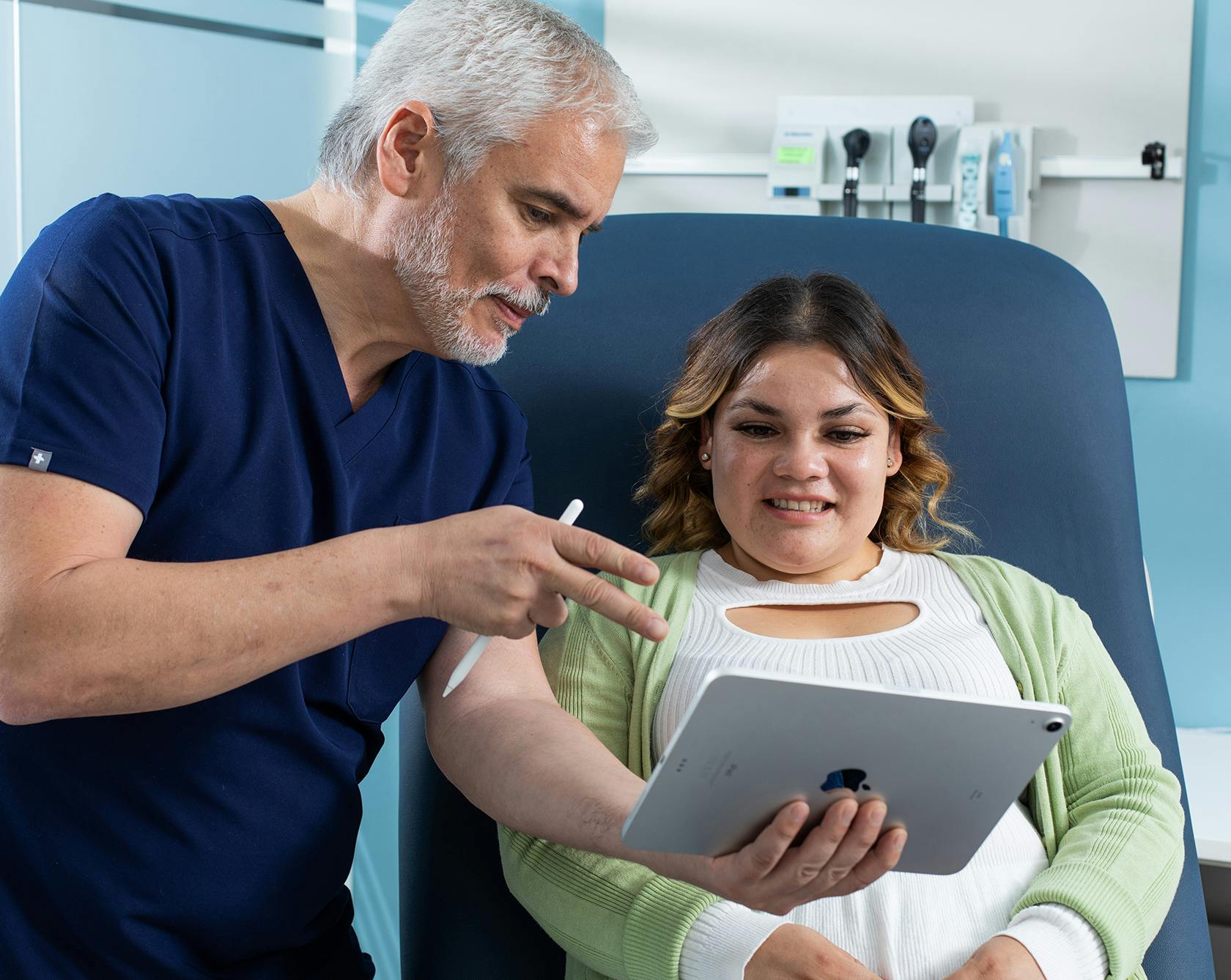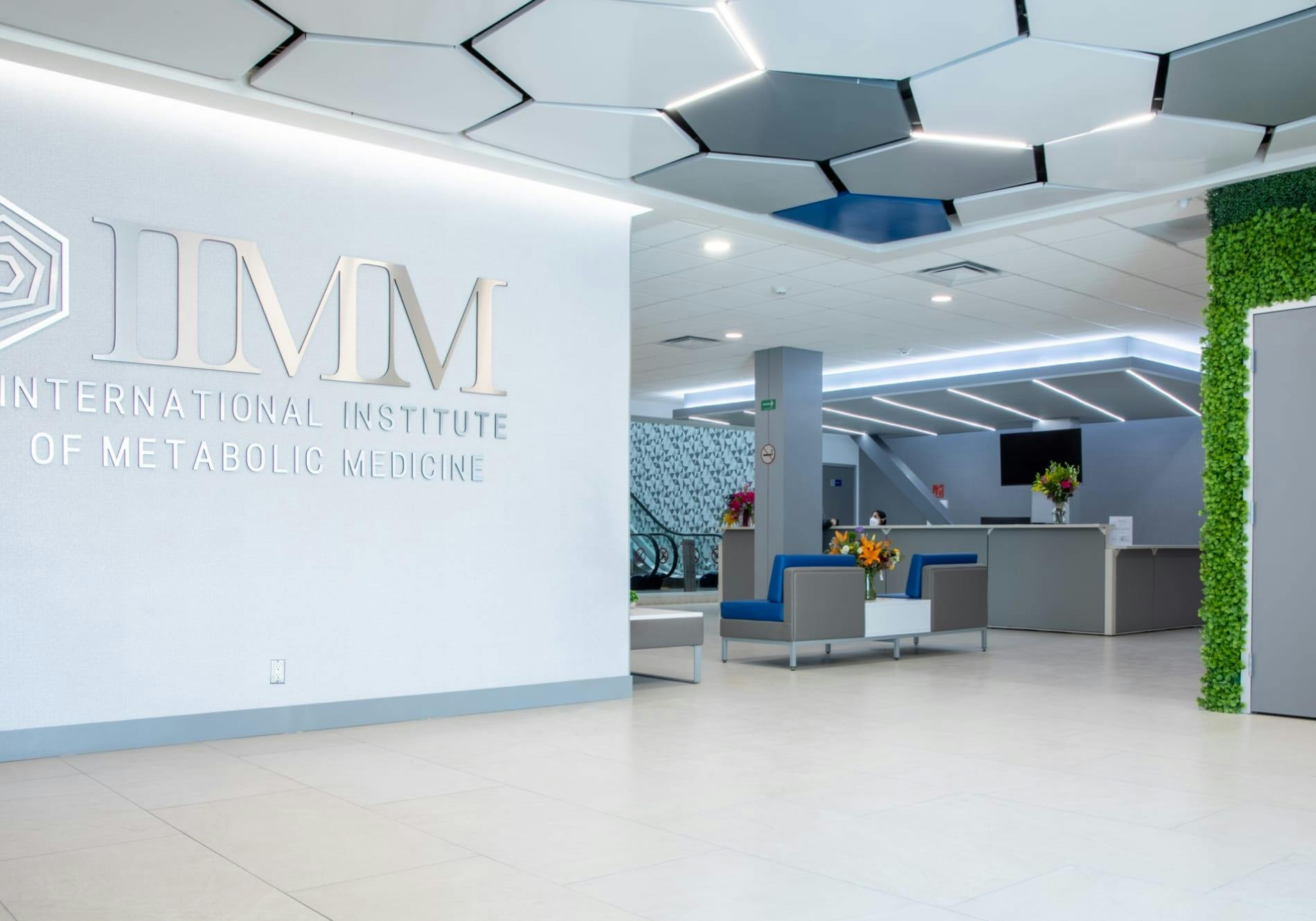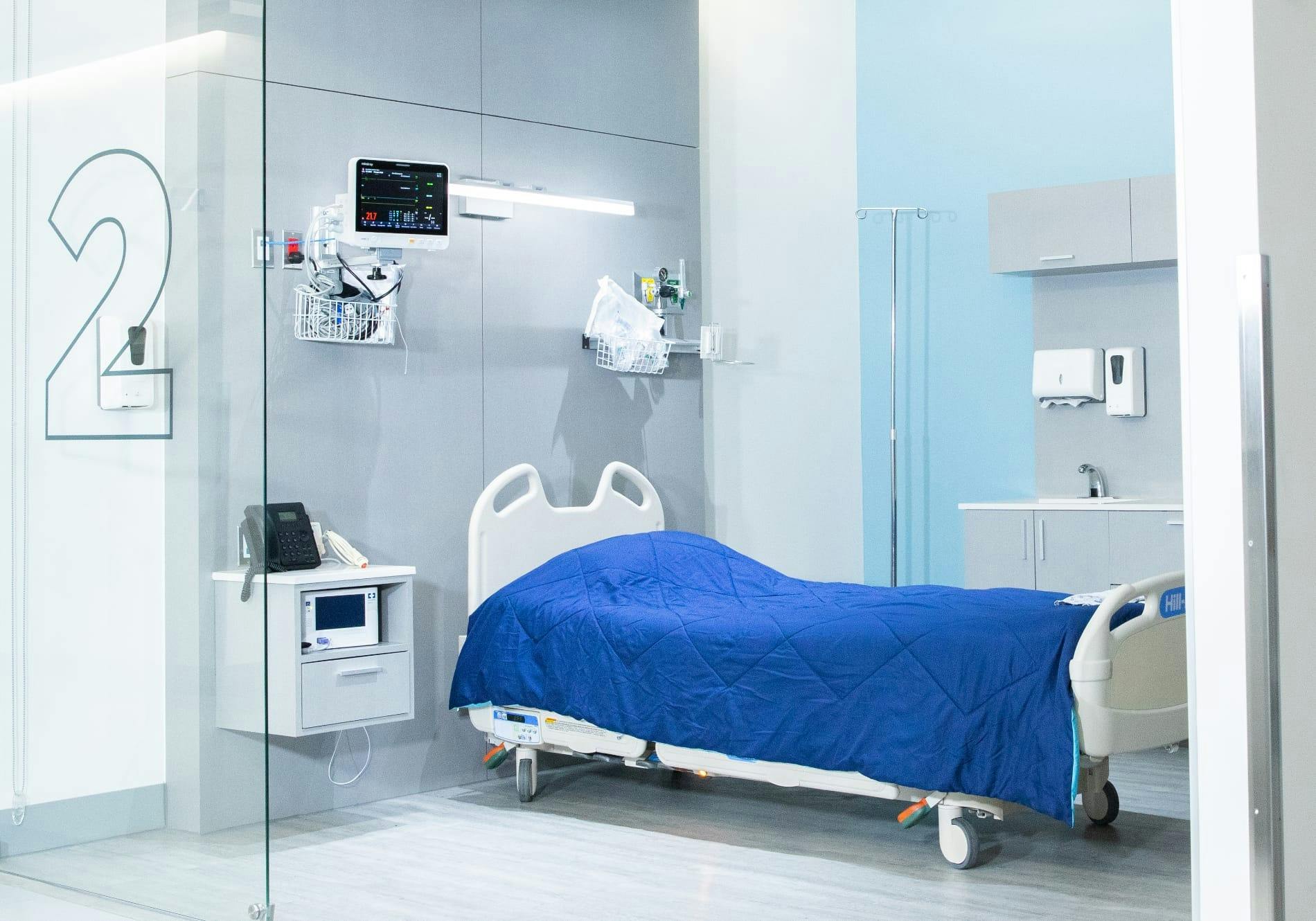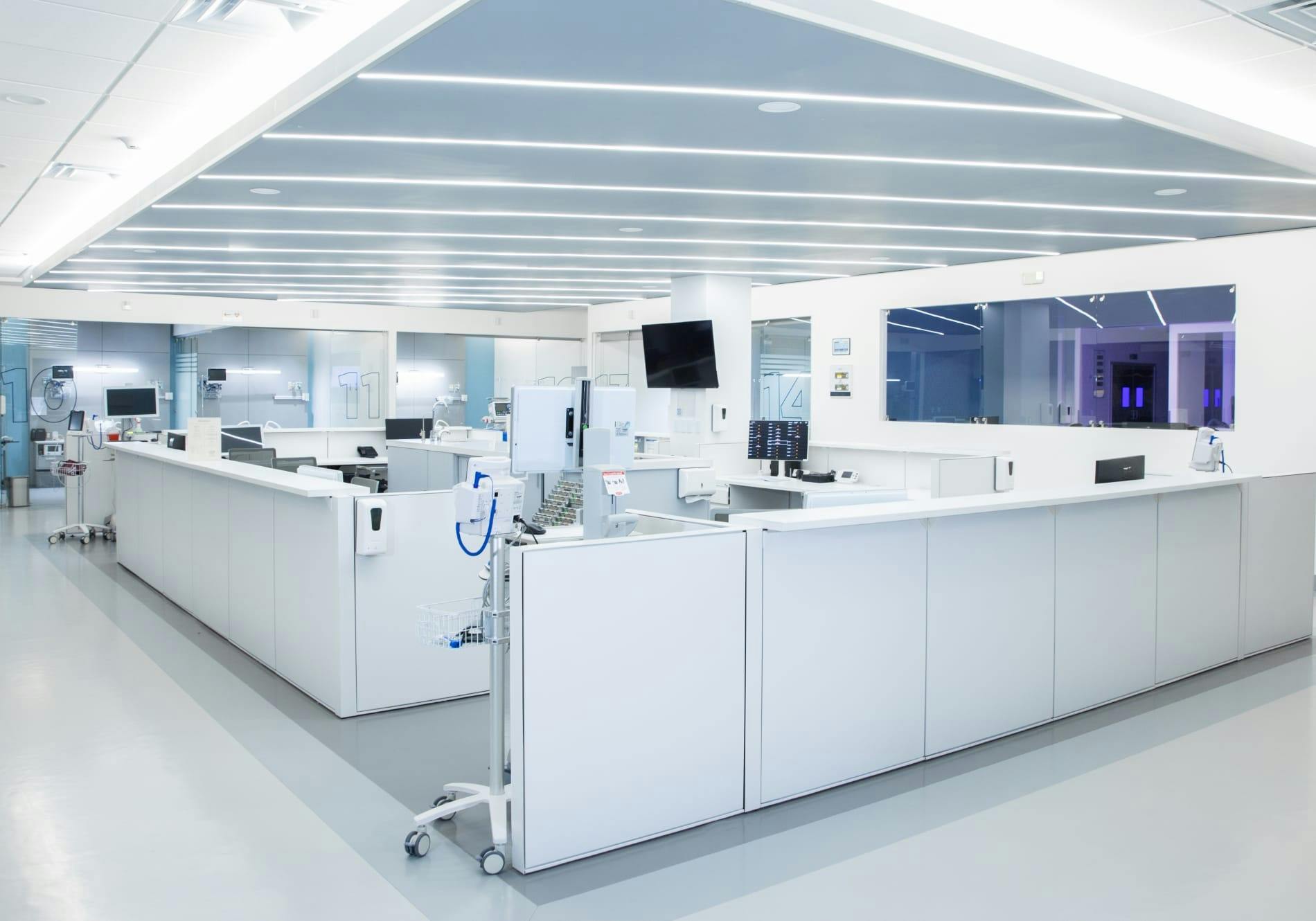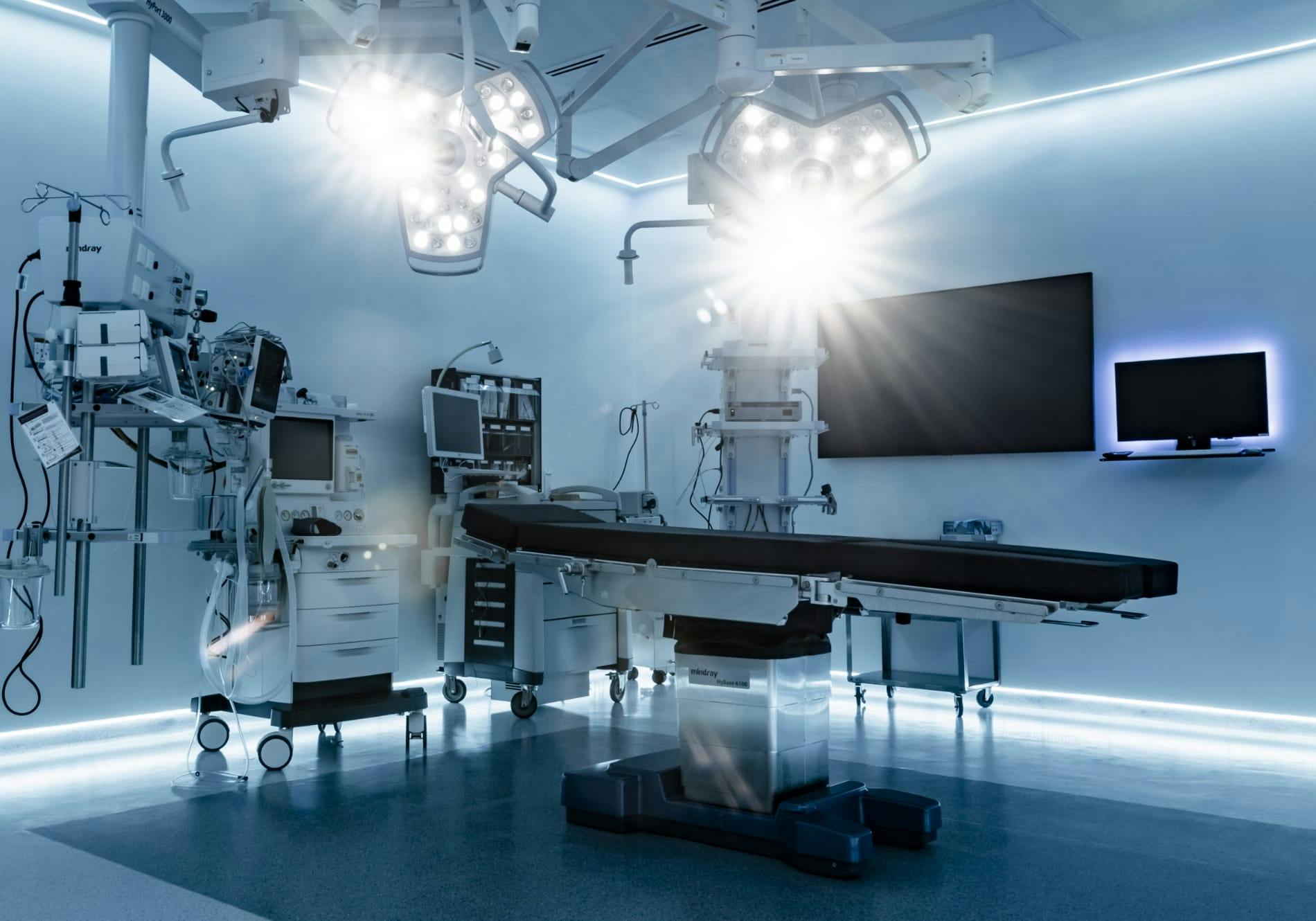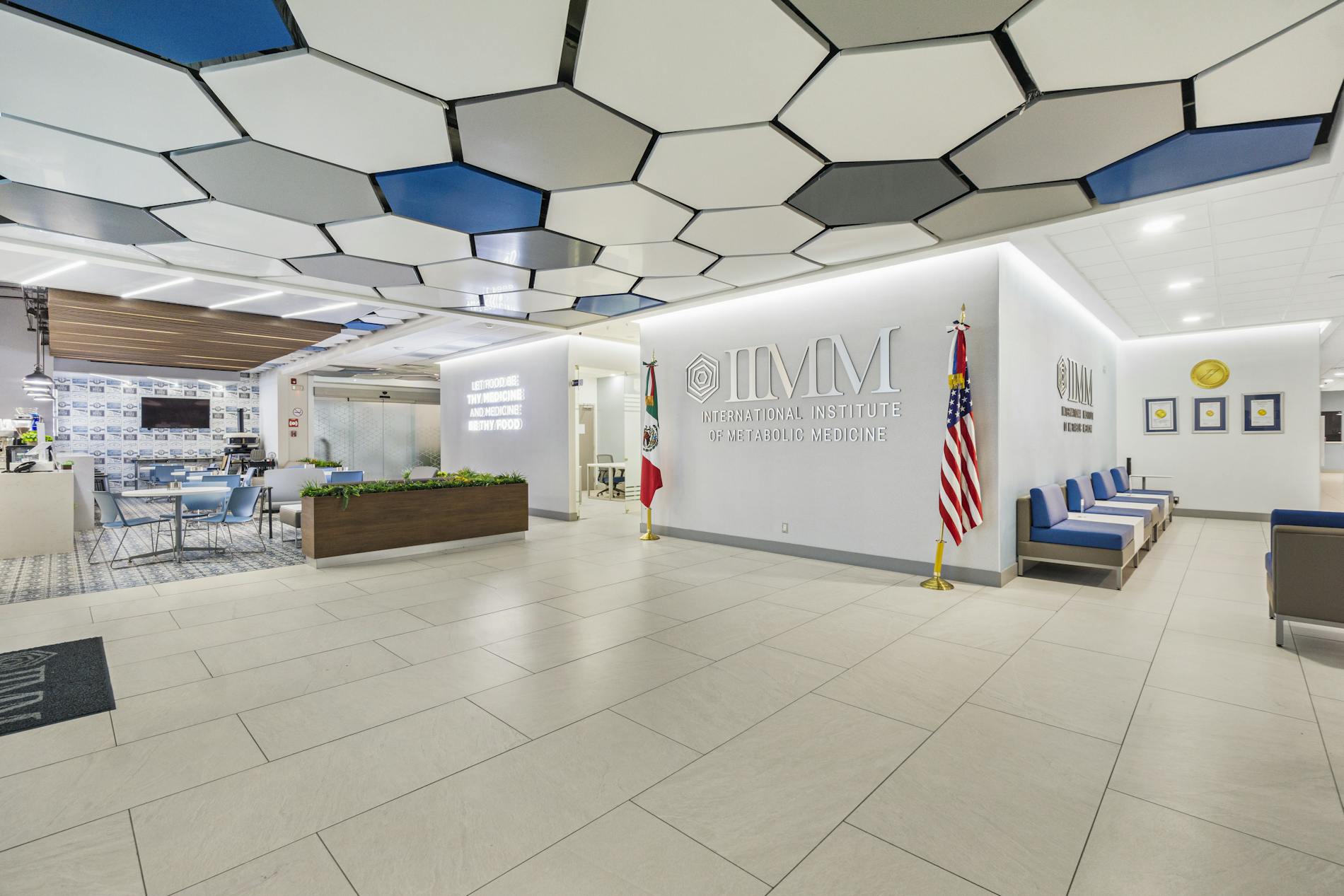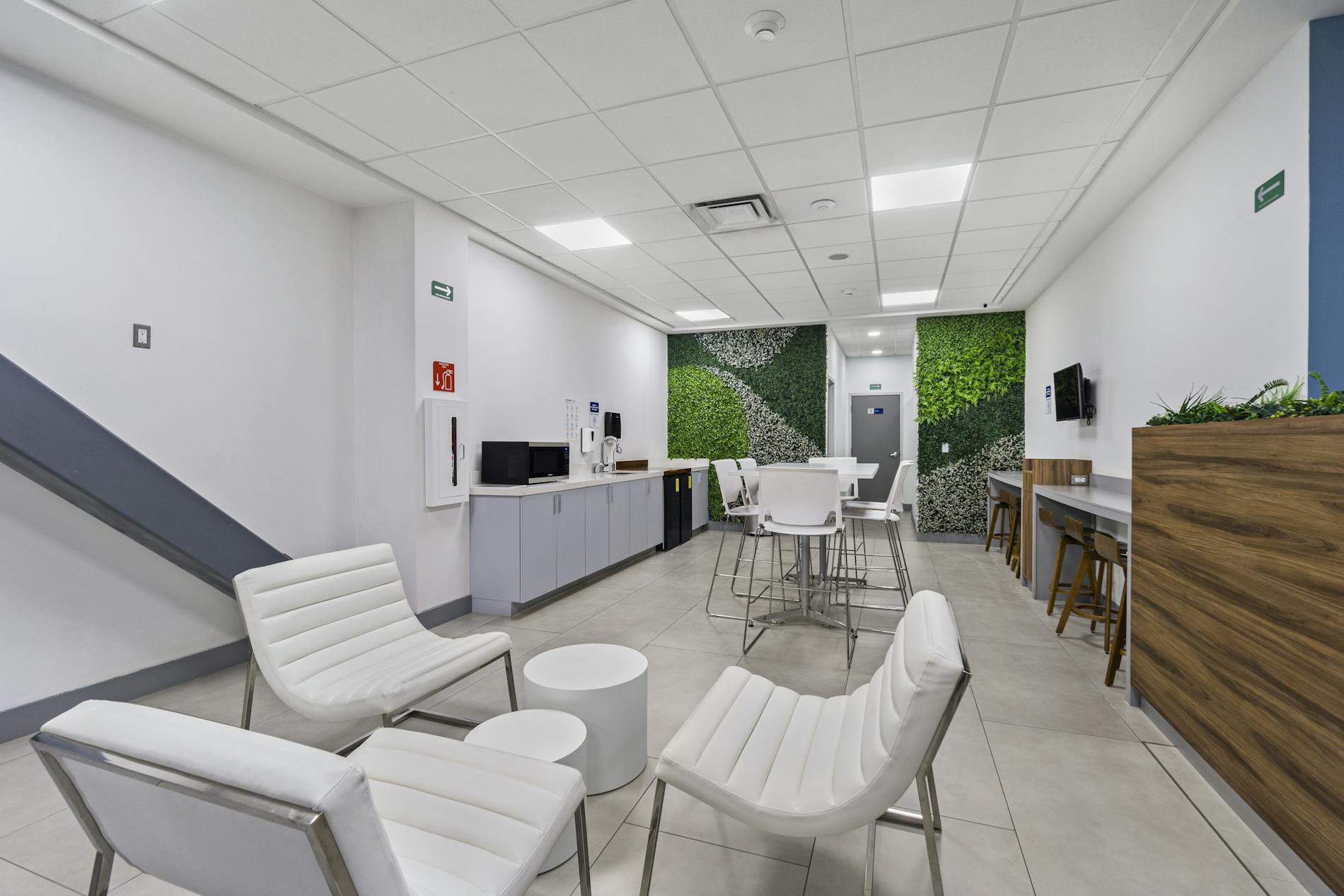Knowing what to expect can help you prepare for optimal recovery and exceptional results.

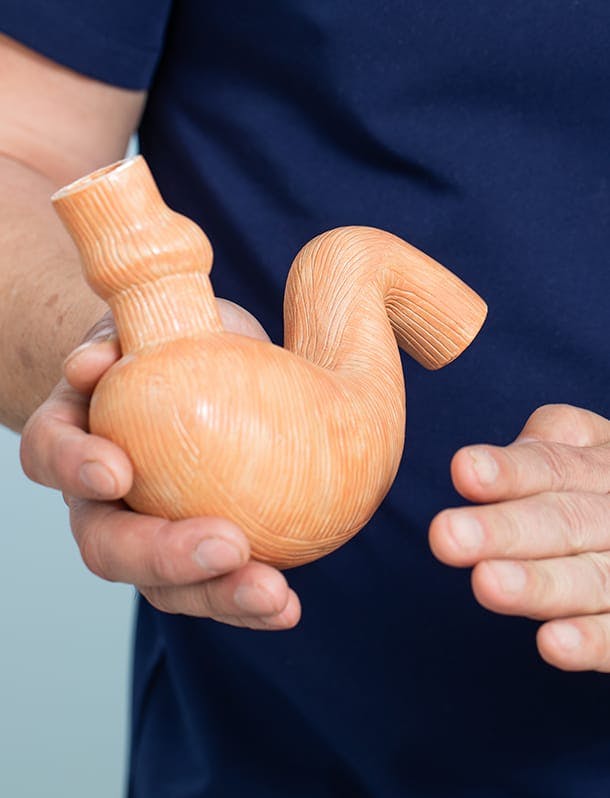
The Importance of Follow-Up Care
After undergoing gastric sleeve surgery, it is important to schedule follow-up appointments with your OCC surgeon to ensure that your recovery is progressing as it should. These appointments are crucial to monitor your weight loss progress, address any complications or concerns, and adjust your diet and exercise plan as needed.
During follow-up appointments, we may perform tests to monitor your health and progress, such as blood work or imaging tests. We will also evaluate your weight loss progress and guide you on how to continue losing weight at a healthy rate.
Dr. Ortiz or Dr. Martinez may recommend working with our certified nutritionist to create a personalized meal plan that meets your nutritional needs and supports your weight loss goals. They may also suggest that you work with a physical therapist to develop a safe and effective exercise plan for your current fitness level.
Attending all your follow-up appointments and adhering to your surgeon's recommendations are essential to ensure the best possible outcome from your gastric sleeve surgery. By following our guidance and making healthy lifestyle choices, you can achieve successful weight loss and improve your overall health and well-being.

Why Choose Obesity Control Center?
If you or someone you know is considering weight loss surgery, choosing a facility that prioritizes safety and innovation is important. At OCC, we have over three decades of experience providing specialized care to weight loss surgery patients. Our founder, Dr. Ortiz, has even patented several groundbreaking procedures.
We're proud to offer our patients access to our exclusive Patient Education & Tracking program, which includes informative videos and personalized support for up to five years after surgery. Book a consultation with us today if you're ready to take the first step towards a healthier life.

